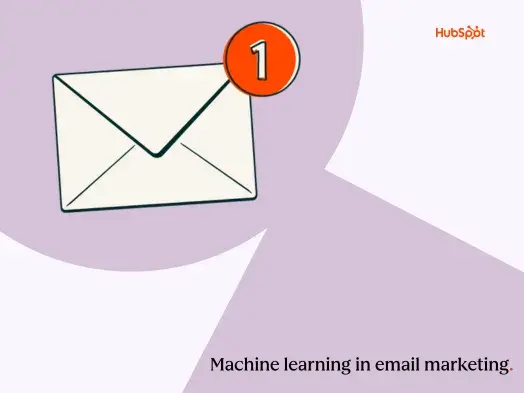4 Signs It Was Written by AI
1. It isn't skimmable.
As a writer, it's nice to imagine that people hang on to every word I write. The reality, however, is far different.
Gone are the days of leisurely reading the newspaper at the breakfast table. In the digital age, people want information, and they want it quickly.
But if you've ever tinkered with an AI-writing tool, you may notice it hasn't mastered the art of brevity. For example, when I ask ChatGPT to write an intro for an article on how to write better headlines, it generates the following:

This intro isn't necessarily bad, but it's a tad wordy and far too long. Now compare it to a blog post from Neil Patel on the same topic:

See the difference?
Patel starts with an engaging question, immediately piquing our curiosity. He also writes in short, one or two-sentence paragraphs. Both these strategies make content easier to skim and absorb.
2. It's missing expertise.
Which article would you rather read: "How to Go Viral on TikTok" or "How To Go Viral on TikTok, From 3 Creators Who've Done It"?
I'm willing to bet the latter. That's the power of expertise — it instantly elevates any piece of content with real-world experience.
The problem? AI doesn't have any experience.
As Kaitlin Milliken, HubSpot Blog's Program Manager & Content Editor, puts it, "AI chatbots repackage information that we've heard a million times before. If you're looking for a fresh perspective, you'll want to reach out to a human expert."
She adds, "Experts have access to the latest trends and more recent data than AI. Plus, they can pull from their real-world experience. If there's a unique way to solve a problem or approach a situation, nothing compares to hearing from people who have lived through it."

Besides being an expert (or consulting one), you can weave expertise into your content in other ways.
For instance, here at HubSpot, many of our articles include real-world examples, original data, and "pro tips." These elements not only enhance the credibility of our content but also pack more value for the reader.
3. It's outdated.
When I asked ChatGPT to write an article about BeReal, a popular photo-sharing app that launched in late 2021, here was its response:
This isn't just a ChatGPT problem; all AI chatbots have knowledge cut-offs. If you use AI to write about topics outside its scope, you risk generating outdated or irrelevant content.
Plus, when you consider that only 45% of professionals believe they would be able to tell if ChatGPT gave them wrong information, it creates plenty of room for error.
For Clint Fontanella, HubSpot Blog Manager, one workaround is to use AI to summarize research, not seek it out.
He told me, "When you want AI to write about data that is outside its database, my recommendation is to copy content from an existing online source and ask it to summarize and rewrite in the style of your choosing."
As for Milliken, she adds a fact-checking step into her editing process. In her own words: "Before you publish anything written with AI, fact-checking is essential. If AI references a certain business or person, be sure to double-check and see if they still exist. ChatGPT can get these details wrong."
4. It sounds generic or bland.
"The first time I ask AI to write anything for me, it usually gives me the most corporate, templated response you can think of. Something that's super neutral and sounds like a robot wrote it," Fontanella told me.
This is relatable for many AI users, myself included. For example, when I ask ChatGPT to "sound more engaging," it often writes in its signature corporate-y style, but with double the exclamation points.
For Fontanella, the key is tinkering with different styling prompts until you land on an output you like (e.g., "Sound more lighthearted" or "Write in the tone of a HubSpot writer"). However, as he also points out, you still need to do some editorial heavy lifting before taking your content across the finish line.
This could mean adding humor, injecting personal anecdotes, referencing pop culture, forming a unique opinion, or adopting a certain perspective. In this way, you're using AI as a foundation to build upon.
In Fontanella's own words: "In general, AI can't write a piece that's on par with our standard of content. However, it can definitely write a few good sentences here and there that can be the foundation of your argument or paragraph. I highly recommend cherry-picking sentences from paragraphs that you like and then rewriting the paragraph around that sentence."

Back to You
AI offers an entirely new way to create content, but it isn't without its limitations. This doesn't mean you should stay clear of these tools. However, it's best to leverage them as writing assistants, not as actual writers.
As a writing assistant, AI can propose new ideas and angles, collect and summarize information, rephrase content, and generate basic outlines, which you can then elevate with your creativity, expertise, and perspective.
Artificial Intelligence


.png?height=613&width=1920)


![AI email subject lines that drive 3x more revenue and actually convert [+ exclusive insights]](https://53.fs1.hubspotusercontent-na1.net/hubfs/53/ai-email-optimization-1-20251014-4500151-1.webp)






-1-20250905-2237709%202.webp)